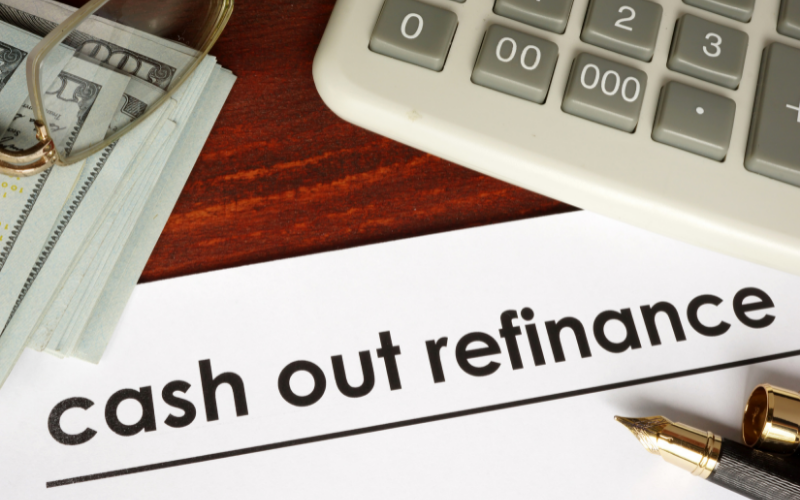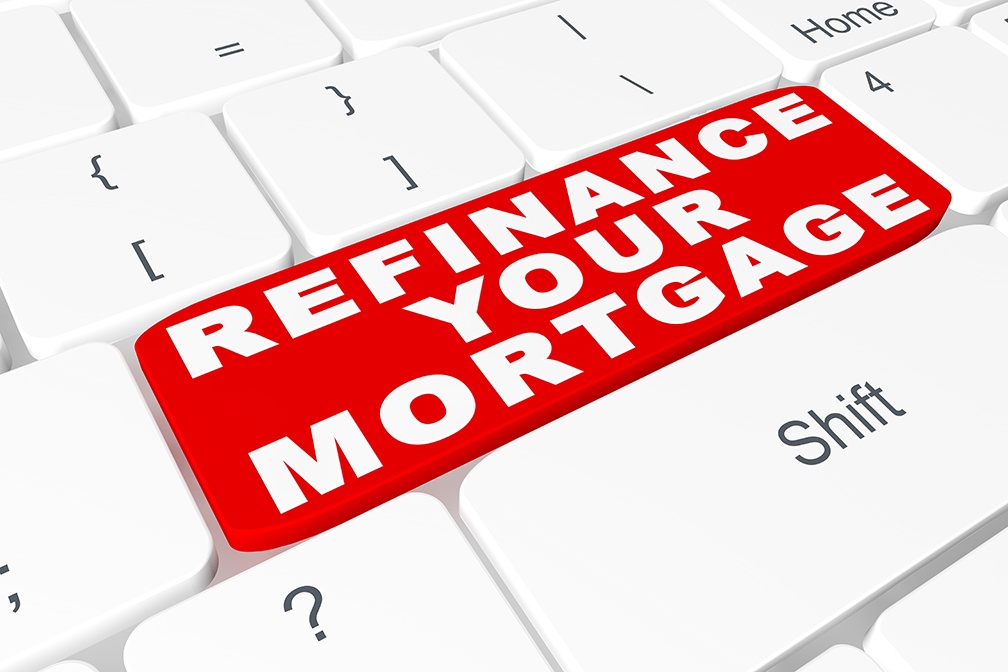Taxes And A Cash-Out Refinance: What To Know
 If you decide to go through the refinancing process, there are several options available. One of the most popular options is a cash-out refinance. Essentially, you capitalize on the difference between current interest rates and the interest rate on your home loan to keep your payments the same while also drawing equity out of your home in the form of cash. You can use this money to fund your retirement, complete home repairs, or do a renovation project. Even though you can do just about anything you want with this cash, what do you need to know about a cash-out refinance and taxes?
If you decide to go through the refinancing process, there are several options available. One of the most popular options is a cash-out refinance. Essentially, you capitalize on the difference between current interest rates and the interest rate on your home loan to keep your payments the same while also drawing equity out of your home in the form of cash. You can use this money to fund your retirement, complete home repairs, or do a renovation project. Even though you can do just about anything you want with this cash, what do you need to know about a cash-out refinance and taxes?
You Do Not Have To Pay Taxes On Your Cash-Out Refinance
You don’t have to pay taxes on the cash stemming from a cash-out refinance. The IRS generally looks at this money as a loan that you will be expected to pay back. Therefore, you don’t have to report it on your taxes. On the other hand, there are other implications you need to know.
The Interest On Your Mortgage Is Tax-Deductible
One of the biggest tax deductions you might claim is the interest on your mortgage. If you want to claim your mortgage interest as a tax deduction, you will need to itemize your deductions on Schedule A. Furthermore, there is a limit to the amount of mortgage interest you can claim on your tax forms. If you have questions about how to handle your mortgage interest on your taxes, you should talk to a tax professional or an attorney who can help you.
Consider Setting Up A Home Office
You might even want to use the money from your cash-out refinance to build a home office. If you are self-employed and working from home, you might be able to deduct the expenses related to your home office. Again, you need to be familiar with the requirements related to your home office if you want to claim this deduction. A tax professional can help you.
Be Aware Of The Implications Of Refinancing And Taxes
These are a few of the most important points you should keep in mind regarding taxes and the refinancing process. Reach out to a tax professional with any questions.

 If you want to save money on your mortgage, now might be a great time to refinance. When you refinance your home loan, you replace the existing mortgage with a different one. You can refinance your home to withdraw cash, shorten the term of the loan, or reduce your interest rate. Not everyone can refinance the house, so take a look at a few key rules you need to follow to qualify for a refinance.
If you want to save money on your mortgage, now might be a great time to refinance. When you refinance your home loan, you replace the existing mortgage with a different one. You can refinance your home to withdraw cash, shorten the term of the loan, or reduce your interest rate. Not everyone can refinance the house, so take a look at a few key rules you need to follow to qualify for a refinance. You might have heard that more people are refinancing these days. During the refinancing process, you essentially take your current home loan and replace it with a different one. You can reduce your mortgage payments, shorten the life of your loan, or withdraw cash you can use for other purposes. What are a few of the signs that indicate you should consider refinancing?
You might have heard that more people are refinancing these days. During the refinancing process, you essentially take your current home loan and replace it with a different one. You can reduce your mortgage payments, shorten the life of your loan, or withdraw cash you can use for other purposes. What are a few of the signs that indicate you should consider refinancing?